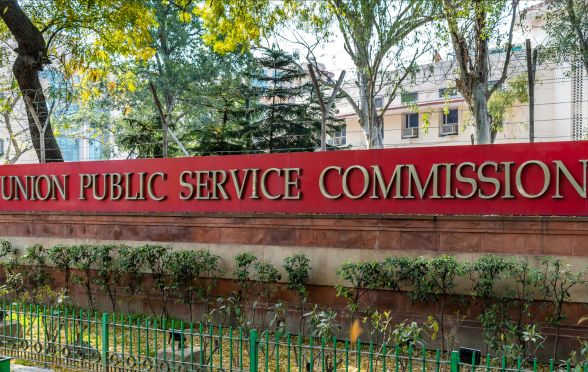Career Tips
6 interesting careers to take up after pursuing a degree in Geography

Suparna Ghosh

Have you thought of the diverse career options that one can take up after having a degree in Geography? Looking to be a Forest officer or say a Climatologist? Here are 6 interesting careers that you can look for after getting a degree in Geography
Shutterstock
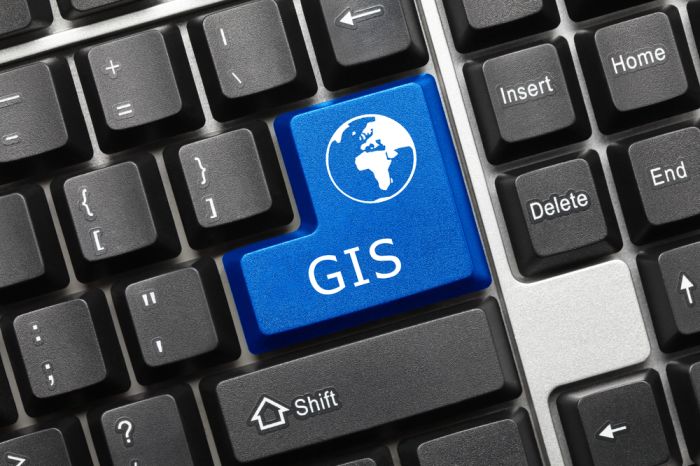
Geographical Information Systems (GIS) Analysts: A Geographical Information Systems (GIS) Analyst actually works at the intersection of programming, cartography and data analysis. Some of the things you can expect to do as a GIS Analyst are collecting, analysing, storing and presenting geographical and spatial information, designing internet-friendly apps to present GIS data and statistics on corporate websites as well as designing digital maps for internal use (corporate and government) bodies.
Shutterstock

To become a GIS Analyst, you must have completed a bachelor’s or master’s degree in Geography, earth science, computer science, surveying or related fields and also be proficient in database programming languages like HTML, CSS or JavaScript. Avg salary package ranges from Rs 2 LPA to 5 LPA.
Shutterstock
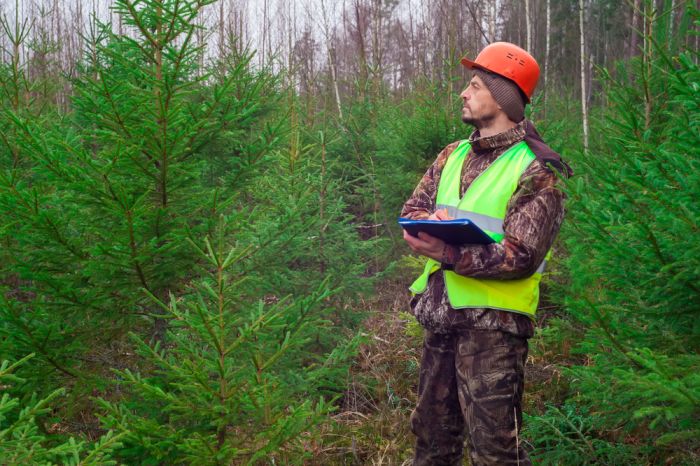
Forest Officer: A Forest Officer holds a very high post and takes home a decent salary. It is a designated Group B gazetted government officer post. A person in the position is responsible for managing, protecting, and improving areas of environmental importance, including both plants and animals, through conservation and scientific monitoring. They are also responsible for ensuring the implementation of proper schemes/working plans and supervising all necessary forest work, following up and writing reports on observations and measures taken to protect forest areas. Sometimes they also oversee the legal aspects of the commercial exploitation of forest resources.
Shutterstock

The main criteria to become a forest officer is passing the UPSC IFS Examination and clearing the rounds related to the examination. Also, to be eligible for the examination, candidate must hold a bachelor’s degree in geography, zoology, chemistry, botany or a related field. Entry level salary packages range from Rs 5 LPA to 6 LPA.
Shutterstock

Cartographer: The third career in this list is cartography. Cartographers these days have a prosperous market because the use of maps in both government and private sectors is increasing manifold. They are responsible for analysing and collecting data from ground surveys, reports, aerial photographs, and satellite images to prepare thematic maps in both digital or graphic mode that can be used for social, environmental, business, educational and other such purposes. There can be four major fields of cartography: cultural cartography, linguistic cartography, biological cartography and archaeology.
Shutterstock
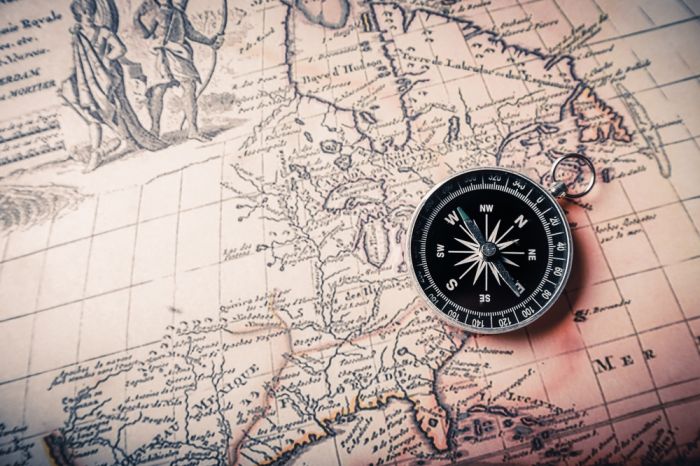
To become a cartographer, you must hold a BSc or MSc in Geography or alternately an MTech in Geoinformatics. For freshers, the starting salary can range from Rs 10,000 to 15,000 per month. With experience of more than 1 year, a monthly salary of Rs 50,000 or more can be offered. Some overseas organisations can also pay as much as Rs 5 LPA to 10 LPA.
Shutterstock
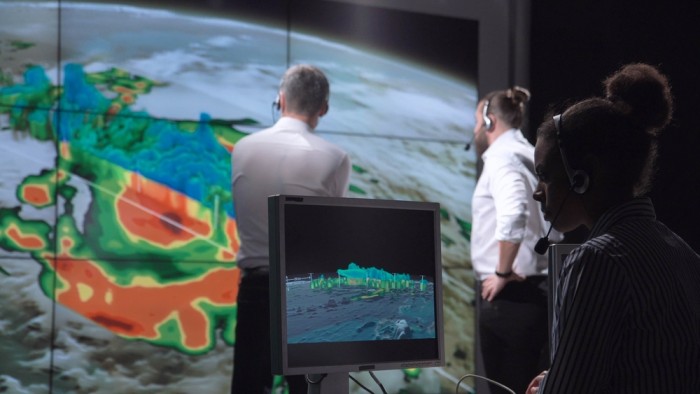
Meteorologist: Meteorologists are hired across government sectors in mining departments, space and defence organisations, weather forecasting divisions, etc. Their roles include analysing and monitoring changes to make predictions about the weather, tracking the weather and climate from time to time, including surveying and predicting natural disasters, creating weather reports, and coordinating with organisations and agencies to better track climate changes.
Shutterstock

The educational qualifications required to become a meteorologist is a BSc in geography, or a BTech in atmospheric science, or related disciplines. Freshers, who have completed their graduation degree, can earn upto Rs 40,000 per month. With a postgraduate degree, salaries can go upto Rs 80,000 per month.
Shutterstock

Climatologist: The last one on the list is to do with climatology. Indian companies like the Department of Agriculture Organization and the Indian Space Research Organization (ISRO) hire climatologists. Climatologists are responsible for conducting research and making weather reports for the environment or weather-related problems like global warming, natural disasters etc., using computer models and statistics to analyse weather reports and climate change. They are also tasked with coming up with relevant information and advising policymakers on environment-related topics.
Shutterstock
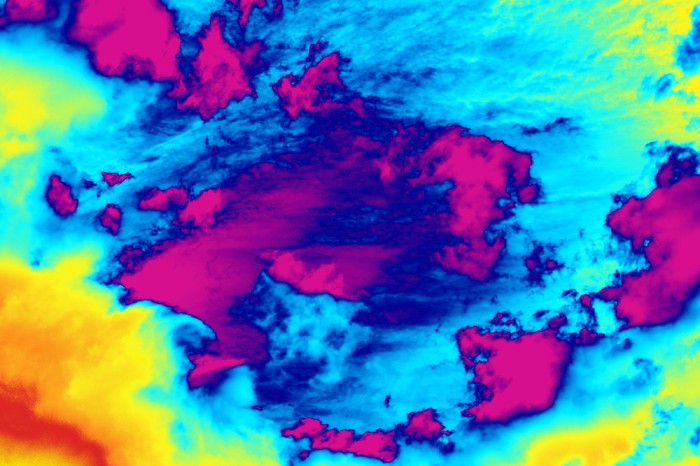
To become a climatologist, you must complete a masters degree in geography, atmospheric science, or any such related specialisation. To get into government sectors, look at cracking exams like SSC, UPSC or PSC. The average annual salary range of a climatologist ranges from 6 LPA to 7 LPA.
Shutterstock
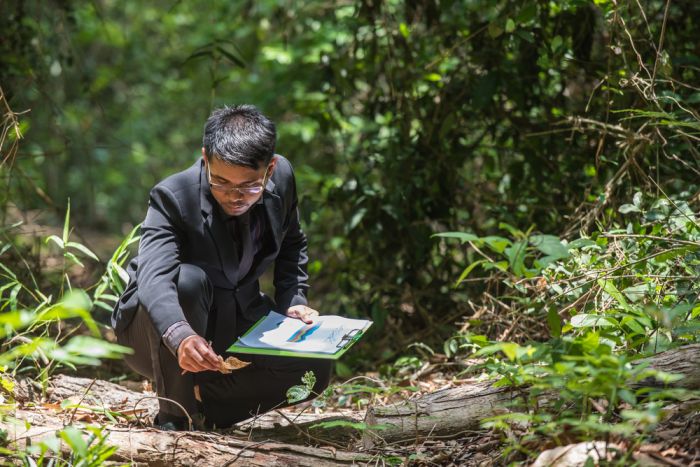
Conservationist: Conservationists can be of various categories like Soil conservationists, Wildlife Biologists, Archaeological conservationists and many more. They have varied roles including protecting, managing and improving the environmental quality and coming up with better ways to tackle problems related to the environment, studying forests and soil quality and making reports on the findings. They are also responsible for coordinating with farmers about the soil quality, evaluating the ecosystem and studying and tracking animals, species and other elements of the environment.
Shutterstock

A bachelor’s degree in Geography or a relevant subject is mandatory for entry-level positions The average salary for a Conservation Officer is approximately Rs 6 LPA to 7 LPA in India.
Shutterstock
Last updated on 09 Nov 2022
















